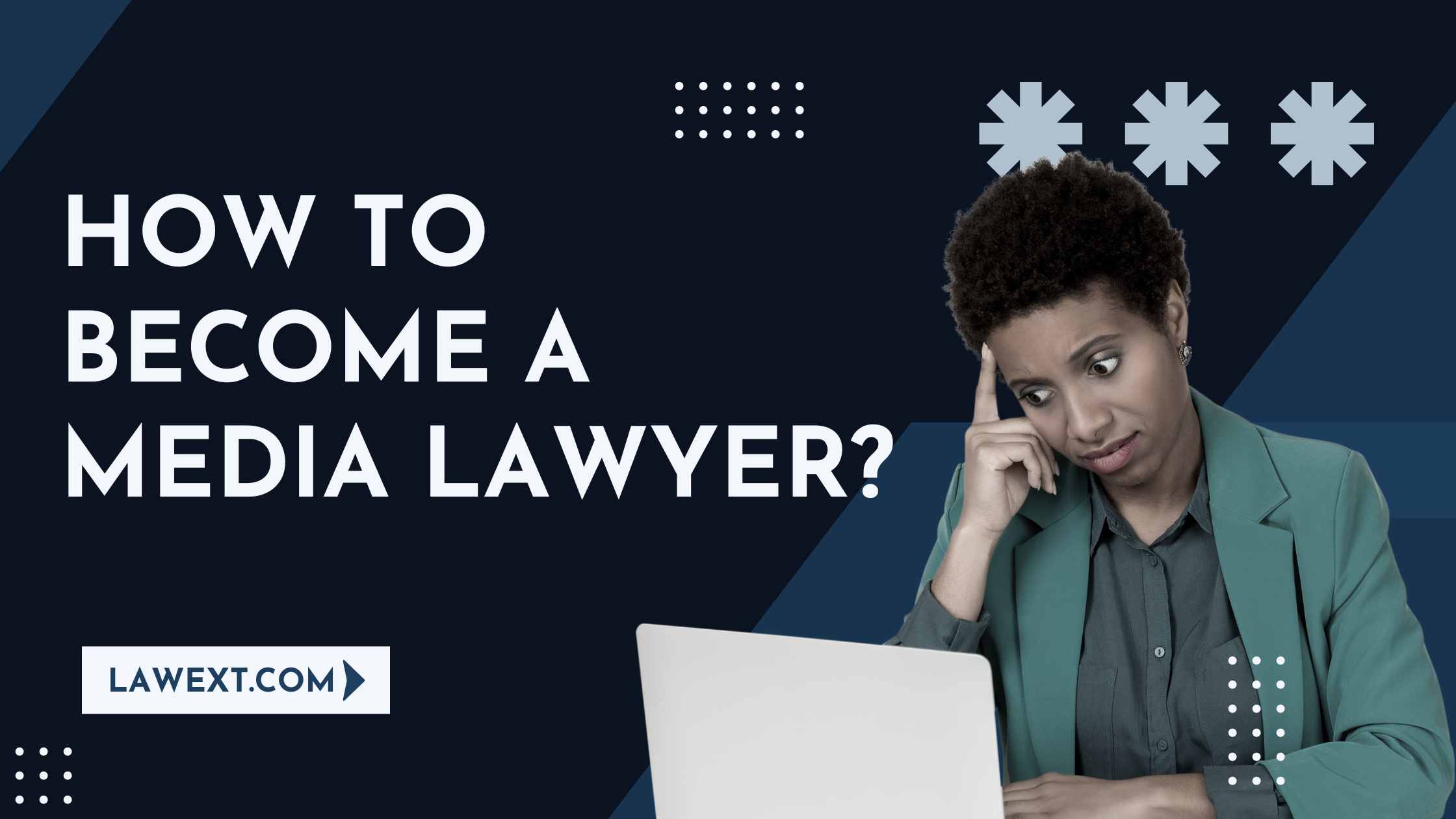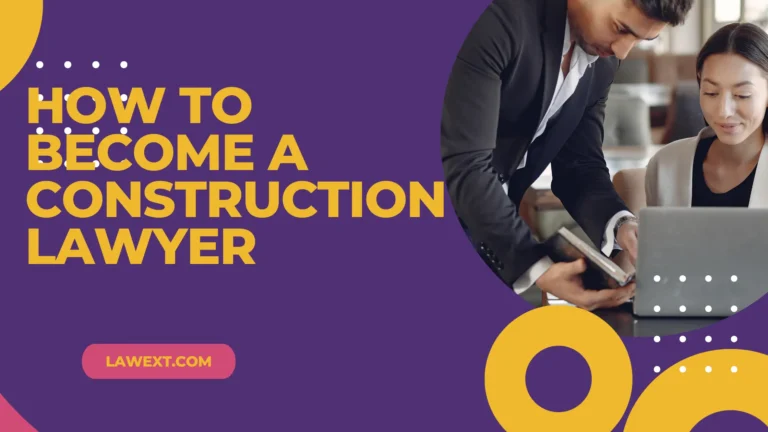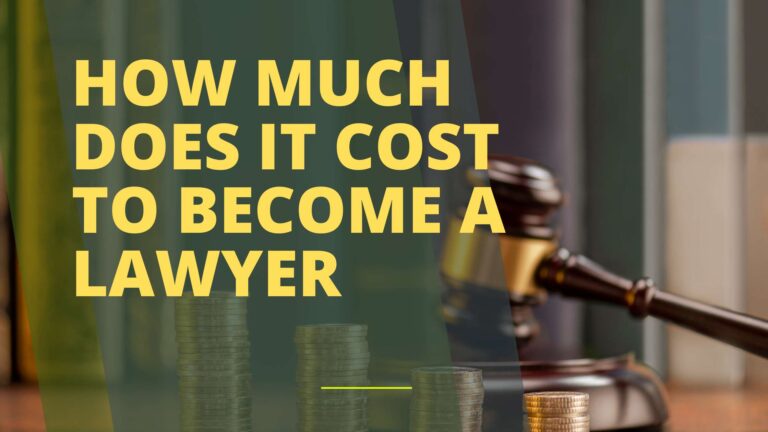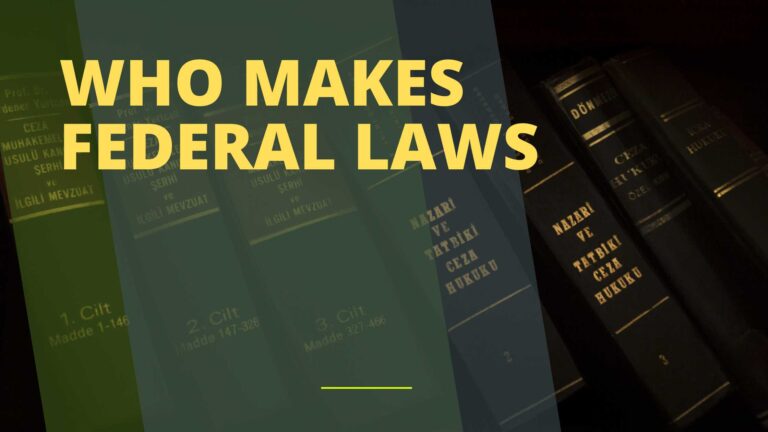How to Become a Media Lawyer?

To become a media lawyer, you need to earn a law degree and specialize in media law through additional coursework, internships, and practical experience. Additionally, joining relevant professional organizations, networking with industry professionals, and staying updated on current media laws and regulations can enhance your career prospects in this field.
Table of Contents
How to Become a Media Lawyer? Media law is a specialized area of law that deals with legal issues related to the media industry, including defamation, privacy, intellectual property, and freedom of speech. It covers a wide range of media platforms such as television, radio, print publications, the internet, and social media.
Becoming a media lawyer involves obtaining a law degree from an accredited institution, which typically requires four years of undergraduate study followed by three years of law school. During law school, aspiring media lawyers can take elective courses in media law or related areas, such as intellectual property law or entertainment law, to gain a deeper understanding of the field. In addition to classroom study, gaining practical experience is crucial for aspiring media lawyers. This can be achieved through internships at law firms specializing in media law or through work at media organizations themselves. By working in these settings, aspiring media lawyers can get hands-on experience dealing with legal issues that arise in the media industry. Joining relevant professional organizations, such as the American Bar Association’s Forum on Communications Law or the Media Law Resource Center, can also be beneficial. These organizations provide networking opportunities, access to educational resources, and the chance to stay updated on current trends and developments in media law. Furthermore, staying abreast of changes and developments in media law is crucial for success in this field. Media laws, regulations, and technologies are continually evolving, so it is important for media lawyers to stay updated on the latest legal precedents and industry practices. Overall, becoming a media lawyer requires a combination of a strong educational foundation, practical experience, networking, and staying updated on current media laws. By following these steps, individuals can position themselves for a successful career in media law.
Understanding Media Law
Learn how to become a media lawyer by acquiring a comprehensive understanding of media law, including topics such as defamation, intellectual property, and privacy rights. Gain the necessary knowledge and skills to navigate the legal challenges and opportunities in the dynamic world of media.
Media law is a crucial aspect of the legal system that governs the operations of media organizations and the rights and responsibilities of both media practitioners and the general public. Aspiring media lawyers should have a solid understanding of media law to navigate the complex and ever-changing landscape of the media industry. In this section, we will explore the basics of media law and the importance of media lawyers.
Basics Of Media Law
Media law encompasses a wide range of legal principles and regulations that revolve around the media industry. It covers various areas such as defamation, privacy, intellectual property, copyright, freedom of speech, and access to information. These laws are designed to strike a balance between safeguarding individual rights and promoting the public interest.
To become a proficient media lawyer, it is essential to have a thorough grasp of the fundamentals of media law. This includes knowledge of the legal frameworks that govern media activities, such as the First Amendment in the United States or similar provisions in other countries, as well as an understanding of relevant case law and legislation. By familiarizing oneself with these basics, media lawyers can effectively advise their clients and protect their interests within the boundaries of the law.
Importance Of Media Lawyers
Media lawyers play a crucial role in ensuring that media organizations operate within legal boundaries while protecting the rights and interests of their clients. Here are some key reasons why media lawyers are indispensable in the media industry:
- Legal Compliance: Media lawyers help media organizations navigate the complex web of laws and regulations that govern their operations. They provide guidance on issues such as libel, privacy invasion, or intellectual property infringement, ensuring that media organizations comply with legal requirements and avoid potential legal pitfalls.
- Content Review: Media lawyers play a vital role in reviewing and vetting content before publication or broadcast. They assess whether the content meets legal standards and advise on potential risks or legal implications. This ensures that media organizations produce content that adheres to media law and minimizes the chances of legal disputes.
- Defending Freedom of Speech: Media lawyers are champions of free speech and the public’s right to access information. They defend journalists and media organizations against defamation claims and government censorship, ensuring that the fundamental principles of press freedom are upheld.
- Litigation Support: In the event of legal disputes, media lawyers provide comprehensive representation and strategic advice to their clients. They initiate or defend lawsuits on behalf of media organizations, negotiate settlements, and handle legal proceedings related to media issues.
- Advisory Services: Media lawyers offer ongoing legal advice and counsel to media organizations. They help interpret new laws or regulatory changes and assist in forming strategies that comply with legal requirements while achieving the objectives of their clients.
In conclusion, understanding media law is crucial for aspiring media lawyers. By comprehending the basics of media law and recognizing the importance of media lawyers in the industry, individuals aspiring to become media lawyers can lay a solid foundation for their legal careers in the dynamic world of media.

Credit: www.practicaladultinsights.com
Educational Requirements
Media law is a specialized field of law that requires a strong educational foundation. Aspiring media lawyers should focus on completing their undergraduate degree, attending law school, and gaining practical experience through internships. Each of these educational milestones is crucial for developing the breadth of knowledge and skills necessary to excel in this competitive legal field.
Undergraduate Degree
An aspiring media lawyer typically begins their educational journey by earning a bachelor’s degree in a relevant field such as media studies, communications, journalism, or pre-law. This undergraduate education helps build a foundational understanding of media practices, ethics, and the constitutional principles that underpin the legal aspects of media regulation. Key coursework will include media law, communication law, constitutional law, and journalism ethics.
Law School
After completing their undergraduate degree, the next step is attending law school to earn a Juris Doctor (JD) degree. During their time in law school, aspiring media lawyers can specialize in media law through a concentration or specific courses within the curriculum. Courses in media law, intellectual property law, and First Amendment rights are essential for gaining a comprehensive understanding of legal issues affecting the media industry.
Internships And Practical Experience
Internships and practical experience play a vital role in the educational journey of a future media lawyer. Students are encouraged to seek internships at law firms specializing in media law, governmental agencies, or media organizations. This hands-on experience allows aspiring media lawyers to apply their theoretical knowledge in real-world settings and gain valuable insights into the daily challenges and opportunities within the media legal landscape.
Specialization In Media Law
Becoming a media lawyer requires not only a strong foundation in law, but also a specialized understanding of the unique challenges and regulations in the media industry. This specialized knowledge is crucial for effectively representing clients involved in media-related legal matters such as copyright infringement, defamation, privacy rights, and intellectual property.
Courses And Certifications
To specialize in media law, it is important to pursue courses and certifications that focus specifically on this field. Some of the recommended courses and certifications include:
- Media Law and Ethics: This course delves into the legal and ethical aspects of media, providing insights into media regulations and the responsibility of media organizations.
- Intellectual Property Law: Understanding the intricacies of intellectual property law is crucial for media lawyers, as it encompasses issues like copyright, trademark, and patent protection.
- Entertainment Law: This course focuses on legal issues specific to the entertainment industry, such as contract negotiations, licensing, and royalties.
- Privacy and Data Protection: In an increasingly digital world, protecting privacy rights and navigating data protection laws is essential for media lawyers.
By enrolling in these courses and obtaining relevant certifications, aspiring media lawyers can gain in-depth knowledge and demonstrate their expertise in the field.
Networking And Professional Organizations
In addition to gaining academic knowledge, building a strong professional network is vital for a successful career in media law. Engaging with industry professionals and joining relevant professional organizations can open up opportunities for knowledge sharing, career advancement, and client referrals.
Some prominent professional organizations in the field of media law include:
| Organization | Description |
|---|---|
| National Press Club | An association for journalists, writers, and media professionals, offering networking events, discussions, and resources related to media law. |
| Media Law Resource Center | A membership organization that provides media lawyers with valuable resources, including publications, webinars, and conferences. |
| International Bar Association (IBA) Media Law Committee | A committee within the IBA dedicated to media law, offering a platform for international networking and knowledge exchange among legal professionals. |
By actively participating in these organizations, media law practitioners can stay updated on industry trends, gain insights from experienced lawyers, and establish their reputation in the field.

Credit: www.amazon.com
Skills And Qualities
Becoming a media lawyer requires a unique set of skills and qualities. As the legal industry continues to evolve with advancements in technology and media platforms, a media lawyer must possess a combination of analytical thinking, research and writing skills, communication skills, and attention to detail.
Analytical Thinking
Analytical thinking plays a crucial role in the work of a media lawyer. They must be able to analyze complex legal issues, identify key facts, and develop logical arguments. As they navigate through cases involving media law, they need to think critically and assess the impact of their legal strategies.
Research And Writing Skills
Strong research and writing skills are essential for media lawyers. They must be able to collect and evaluate evidence, statutes, case laws, and legal precedents to build a solid foundation for their arguments. Effective writing skills enable them to draft clear and persuasive legal documents, such as motions, briefs, and contracts.
Communication Skills
Communication skills are vital in the field of media law. Media lawyers often need to explain complex legal concepts to clients, colleagues, and judges in a clear and concise manner. They must be able to articulate their arguments effectively both orally and in written form. Additionally, media lawyers must possess strong negotiating skills to represent their clients’ interests in settlement discussions or mediation.
Attention To Detail
Attention to detail is critical for media lawyers. Media cases often involve contracts, licenses, and intellectual property rights that require meticulous examination. A small error or oversight could have significant consequences for their clients. Media lawyers need to be detail-oriented to ensure they leave no stone unturned in their legal analysis and document preparation.
Career Opportunities
When considering a career as a media lawyer, it’s essential to explore the wide array of opportunities available in this exciting field. Media lawyers play a crucial role in navigating the legal intricacies of the media industry, protecting the rights of individuals and organizations in the ever-evolving digital landscape.
Law Firms
Law firms provide a significant platform for media lawyers to hone their skills and make an impact in the legal sphere. Joining a reputable law firm specializing in media and entertainment law offers exposure to diverse cases, from defamation and libel to copyright infringement and privacy issues.
Media Companies
Media companies offer lucrative opportunities for media lawyers to work in-house, serving as integral members of the legal teams within broadcasting, publishing, and digital media organizations. This allows them to provide immediate legal counsel on matters such as content licensing, intellectual property, and regulatory compliance.
Government Agencies
Government agencies, including regulatory bodies and law enforcement authorities, provide avenues for media lawyers to influence and enforce policies governing media practices. They are involved in shaping legislation related to broadcasting standards, freedom of information, and data protection.
Non-profit Organizations
Non-profit organizations focused on media advocacy and civil liberties offer media lawyers the chance to advocate for freedom of speech, access to information, and protection of press freedom. These roles involve engaging in public interest litigation and lobbying for legislative reform.

Credit: leverageedu.com
Conclusion
Becoming a media lawyer requires dedication, expertise, and a strong understanding of media law. With the increasing importance of media outlets and the need for legal representation, the demand for media lawyers continues to rise. By following the steps outlined in this guide, you can embark on a rewarding career in media law and make a positive impact in the industry.
Introducing Jonah Plum, a legal luminary whose journey through the corridors of justice has been intertwined with the eloquence of the written word. Born and raised in the vibrant city of Seattle, Washington, Jonah's early fascination with language and debate laid the foundation for a remarkable career in law.
Jonah's scholarly odyssey began at Harvard Law School, where they immersed themselves in the study of jurisprudence, honing their analytical prowess and legal acumen. Armed with a law degree, they entered the legal arena, navigating courtrooms and boardrooms with a fervor for justice. Yet, it was the realization of the transformative power of the written word that led Jonah to pivot from legal briefs to the world of blogging.
A digital advocate in the truest sense, Jonah recognized the need for demystifying legal concepts and making them accessible to a broader audience. This blog, a virtual repository of legal insights, transcends geographical boundaries, connecting with a global readership hungry for clarity amidst legal complexities.
Beyond the black letter of the law, Jonah delves into the human stories that underscore the legal landscape. Their writing goes beyond legal analysis, weaving narratives that humanize the law, shedding light on its impact on individuals and society.






